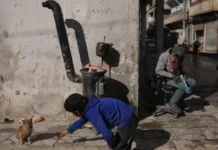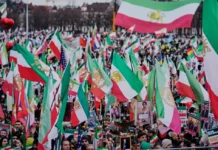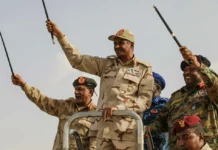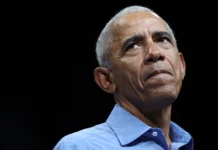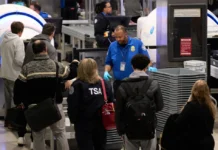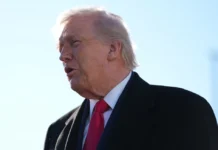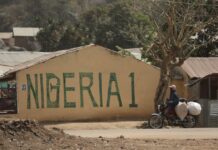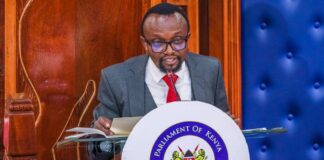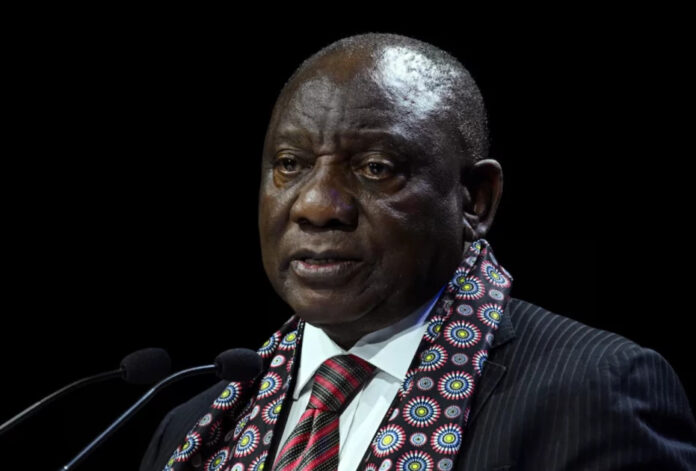
Leaders of the Group of 20 major economies met in Johannesburg on Saturday for a highly anticipated summit overshadowed by a U.S. boycott and deep tensions over climate commitments.
Despite Washington’s absence, member states moved forward with negotiations and agreed on a draft leaders’ declaration, prepared without U.S. input in what a senior White House official criticised as “shameful.”
According to four sources familiar with the talks, G20 envoys finalised the draft on Friday, incorporating multiple references to climate change, a central focus of the South African-hosted summit.
One source confirmed that the document retained language on global warming despite objections from U.S. President Donald Trump, who disputes the scientific consensus that climate change is driven by human activity.
Trump opted to boycott the summit, citing widely discredited allegations that South Africa’s Black-majority government persecutes its white minority.
His administration has also rejected the summit’s priorities, which include promoting climate solidarity, supporting developing nations in adapting to extreme weather, financing clean energy transitions, and easing the debt burden on poorer countries.
The U.S. absence cast an early shadow over President Cyril Ramaphosa’s ambitions to showcase South Africa’s leadership in global diplomacy. However, analysts noted the boycott could allow other nations to rally around the host country’s agenda and push through a strong declaration without Washington’s resistance.
It remains unclear what compromises were required to secure consensus among the remaining G20 members. The United States had opposed any reference to climate action or renewable energy, positions often shared by a handful of reluctant member states.
South Africa’s agenda prioritised four urgent issues, three of them centred on climate: preparing for climate-induced disasters, enabling the green energy transition, and ensuring that the growing demand for critical minerals benefits producer countries.
The fourth key item focused on reforming global lending systems to create more equitable financing for developing nations.
The boycott also complicated the formalities of G20 leadership rotation. The United States is scheduled to host the summit in 2026, but Ramaphosa noted he would have to hand over the presidency to an “empty chair” after South Africa rejected Washington’s proposal to send its chargé d’affaires for the handover ceremony.
Despite diplomatic strain, leaders pressed ahead with efforts to finalise the declaration, hoping the summit would deliver tangible progress, particularly in areas where global cooperation remains urgent and overdue.
Source: Reuters
Written By Rodney Mbua









